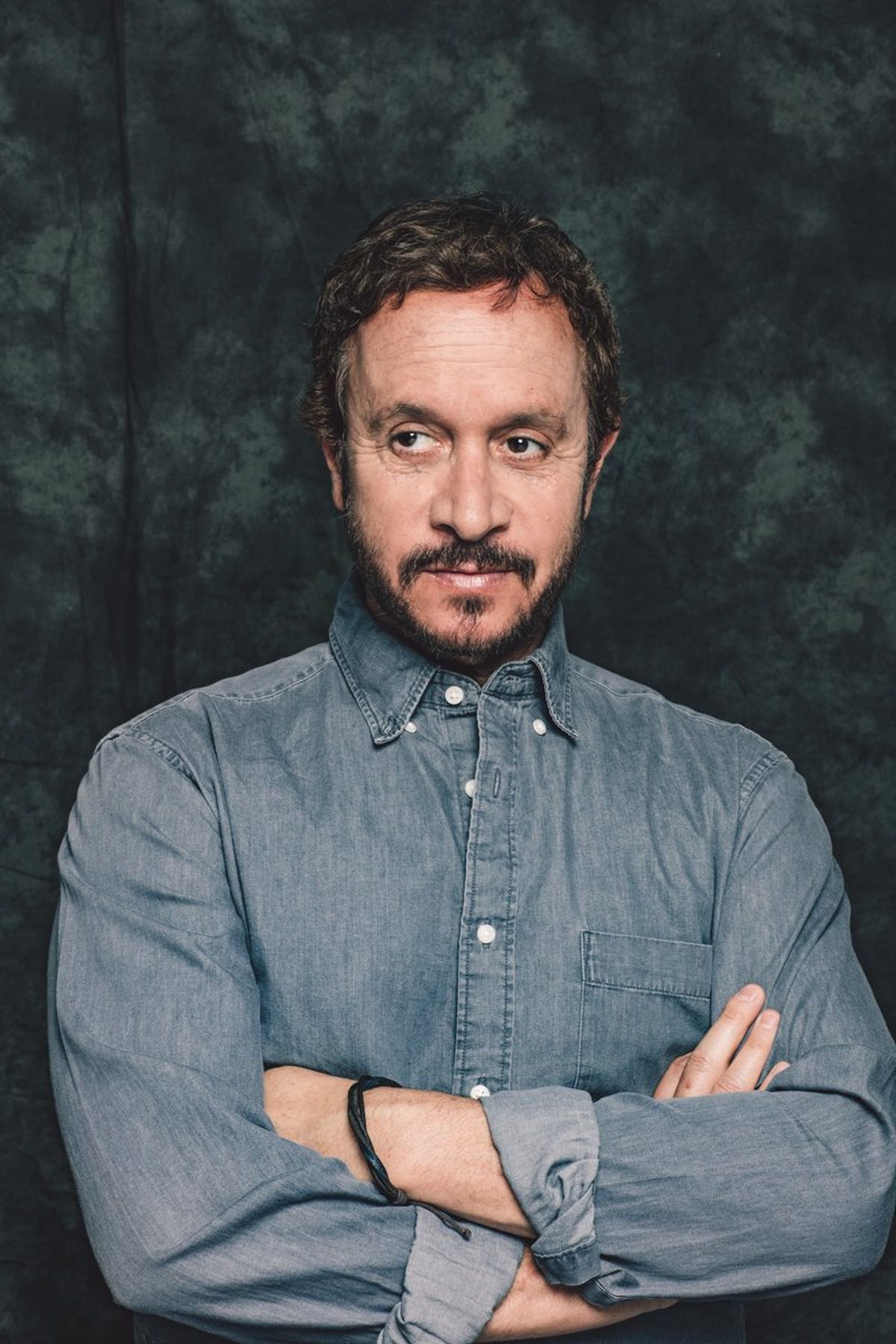Chillin’ with the weasel: Pauly Shore headlines Spokane Comedy Club this weekend

Comic and actor Pauly Shore will reflect on his fascinating career when he headlines Spokane Comedy Club on Friday and Saturday nights.
The former MTV VJ will wax about his surreal childhood when it was common for comic icons such as Richard Pryor and Sam Kinison to be hanging in his living room in the wee hours. Shore will also discuss his films of the 1990s such as “Biodome” and “Son in Law.”
Shore, 53, called from Las Vegas to note what it was like to experience such a surreal life, how he dealt with the critical drubbing his films received and who were the coolest guests “The Weaz” interviewed when he hosted the unpredictable “Totally Pauly” for six years on MTV.
Since your mother owned the legendary Comedy Store in L.A., you were always around legendary comics. Was there ever another career option other than comedy?
Not really. I have two brothers and a sister who didn’t get into the business. I was always enamored with comedians. I hung out at the club. I wanted to be around comedy, and at 17 I went for it. The reality is that you don’t pick comedy, comedy picks you.
What was it like having these famous and incredibly creative entertainers in your home as a kid?
It was normal for me. When I look back, I see that it isn’t normal. As a kid, that doesn’t register. All of that is why I’m doing this one-man show. I talk about my childhood. People are being introduced to the person I was before I did MTV and made movies. If you come out to my show, you learn about my history. I’m working on my history now, the memoir, a documentary series. I want to focus on this while I’m relatively young, and then I’ll move on.
What was Sam Kinison like, and what kind of impact did he have on you?
There was nobody else like him. He came into my life at the right time. I was 14 years old. He was just starting out at the Comedy Store. I watched him develop into what he became.
Which was a larger-than-life figure. What is something that we didn’t know about Kinison?
Sam was a giver. He was like those stories about Elvis Presley when Elvis bought people cars. Sam wasn’t frugal. He would show up with presents if you were part of his inner circle. Toward the latter part of his career, he became pretty crazy, and that wasn’t appealing to me.
Kinison was the best guest ever on Howard Stern.
I agree.
Part of the reason his comedy was so powerful was due to the reality he infused in it.
Absolutely. He was definitely art imitating life.
What was it like being part of MTV when it was the epicenter of pop culture?
MTV shot me into the stratosphere. It was like my situation with Sam, I was at the right place at the right time. I was the right person. It just worked because if you held a microphone that said MTV, you looked like a cool person. Every kid back then wanted to be a VJ. I took it a step further having a show with my name on it.
What was the most memorable part of being on MTV?
The spring break stuff. When MTV was at its peak. Everyone remembers when spring break was happening. Those two weeks were insane. People wanted to chill with the Weaz.
Who were your favorite interviews?
Lenny Kravitz, Jon Lovitz and Rodney Dangerfield were all awesome. I had a blast interviewing Keanu Reeves at the “Bill & Ted’s Excellent Adventure” party.
You were at MTV when the hair metal bubble burst. What was that like since one day Motley Crue and spandex was on the air, and then all of a sudden it was Nirvana and flannel?
It was interesting since there was this shift from metal to grunge. But hair metal is back. Just listen to Hair Nation on Sirius. Poison, Cinderella and those bands are back.
What is your favorite of your films?
I would say that my best movie is “Pauly Shore’s Dead.” That movie appeals to those who liked my old movies, and it also appeals to those who didn’t like my old movies.
You’ve been clobbered by critics who have crushed your films. How did you and do you deal with that?
When I was younger, I was affected by it. I took it personal. Since then, now that I’m older, I’m not affected by what people say about my work. When you turn 50, it’s like you’ve been through this gang initiation. You get beaten up, but at 50 you’re on the other side of that. I’ve been through it. I’m fine with everything, and I’m looking forward to what’s up next.